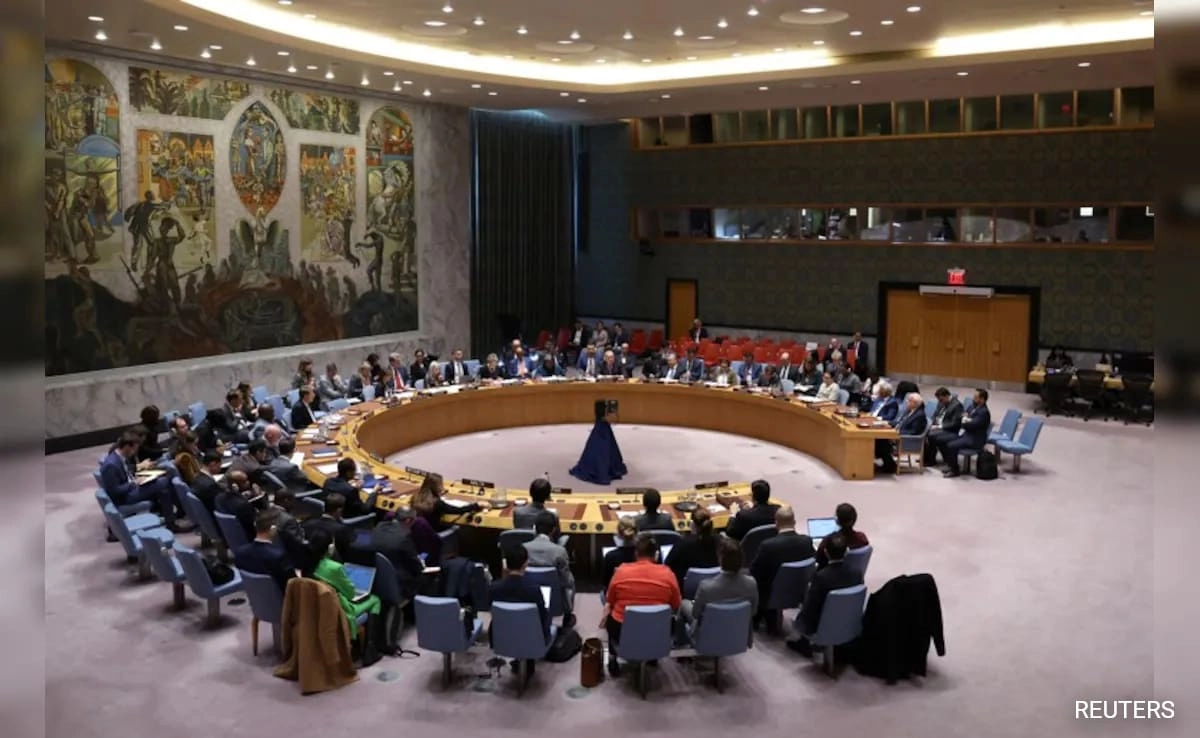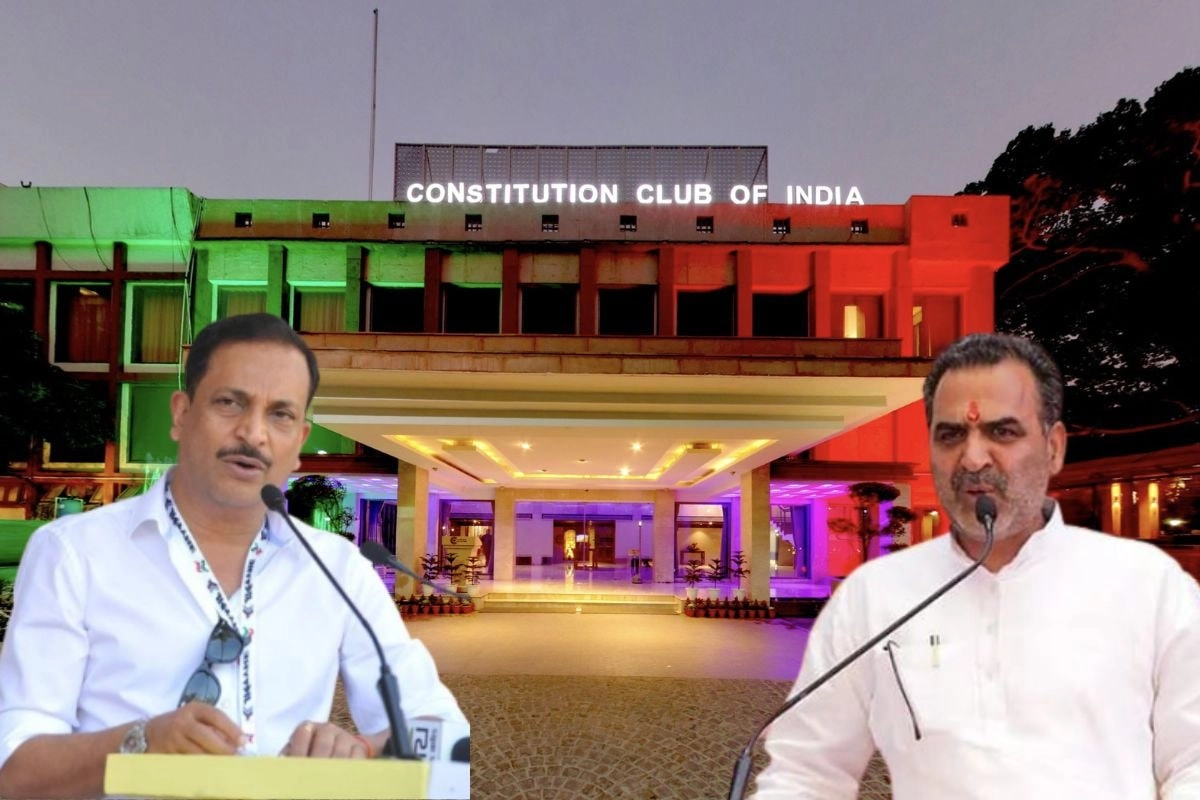India has raised concerns regarding the impact of religious parameters on regional representation within the United Nations Security Council (UNSC). The debate surrounding the structure of the UNSC, particularly its membership and the criteria for representation, has become increasingly relevant in the context of global security and diplomatic relations. India argues that introducing religious considerations into the discussions on regional representation can undermine the principles of equality and fairness that are essential for a functional and just international system.
The notion of incorporating religious parameters into the selection of representatives risks exacerbating existing tensions and conflicts, particularly in a world already grappling with sectarian divides. India emphasizes that the UNSC should prioritize regional diversity based on geopolitical realities rather than religious affiliations. The current structure of the UNSC, which includes permanent members with veto power, does not adequately reflect the changing dynamics of international relations or the rise of emerging powers. By advocating for a more inclusive and representative council, India seeks to ensure that all regions have a voice in critical security discussions without the divisive influence of religious identity.
Moreover, India’s position highlights the importance of a multipolar world where decisions affecting global peace and security are made collectively and democratically. The inclusion of religious criteria could lead to the marginalization of certain nations and exacerbate existing geopolitical rivalries. India argues for a reform process that is rooted in principles of fairness, accountability, and transparency, allowing for a more equitable representation of diverse nations. A reformed UNSC, according to India, would not only enhance its legitimacy but also improve its efficacy in addressing contemporary security challenges, which often transcend national and religious boundaries.
In conclusion, India’s stance against the incorporation of religious parameters in the regional representation at the UNSC reflects its commitment to a fair and just international order. By advocating for a reform that emphasizes regional representation based on geopolitical realities rather than religious affiliations, India aims to contribute to a more stable and peaceful global environment. The dialogue surrounding UNSC reform is crucial, as it shapes the future of international governance and the ability of nations to collaborate in addressing shared security concerns.




